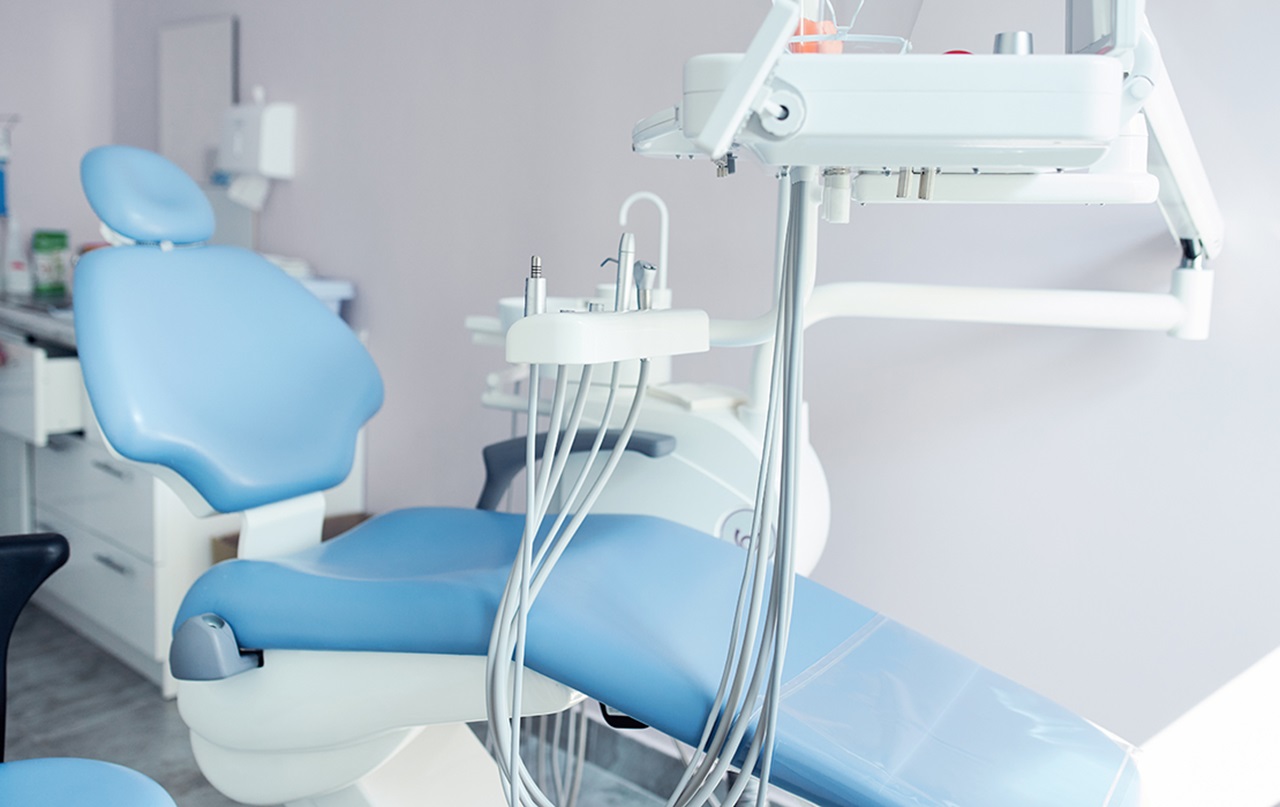
Millions across EU struggle to access dental care

More than 6% of Europeans aged 16 and older were unable to access dental care in 2024, with financial barriers, long waiting times and travel distances cited as the primary reasons, according to new data released by Eurostat.
The study reveals significant regional and economic disparities in dental care access across the European Union. Greece reported the highest rate of unmet dental needs at 27.1%, followed by Latvia at 16.5% and Romania at 16.2%. In contrast, access was least problematic in Malta at 0.4%, Germany at 0.9% and Croatia at 1.1%.
The situation is particularly severe for those living in poverty according to the data. Among individuals at risk of poverty, 13.7% reported being unable to obtain needed dental care, which is more than double the rate of those not considered at risk. The gap was widest in Romania and Greece, where the difference exceeded 30 percentage points.
The reasons behind these gaps vary. In 23 of 27 EU countries, high costs were the most common barrier. In Spain and Italy, more than 75% of respondents cited cost as the main issue. Other countries pointed to different factors: long waiting lists were the top concern in Finland and Slovenia, while fear of treatment ranked highest in Malta.
The impact is more pronounced among older adults. EU citizens aged 65 and above were more likely to forgo dental care due to affordability, travel distance, or lengthy wait times. The cost of dental services was the most common reason for unmet dental care needs in 23 out of the 27 EU countries, according to the data.
Read more: Euronews
The article presented here is intended to inform you about the broader media perspective on dentistry, regardless of its alignment with the ADA's stance. It is important to note that publication of an article does not imply the ADA's endorsement, agreement, or promotion of its content.